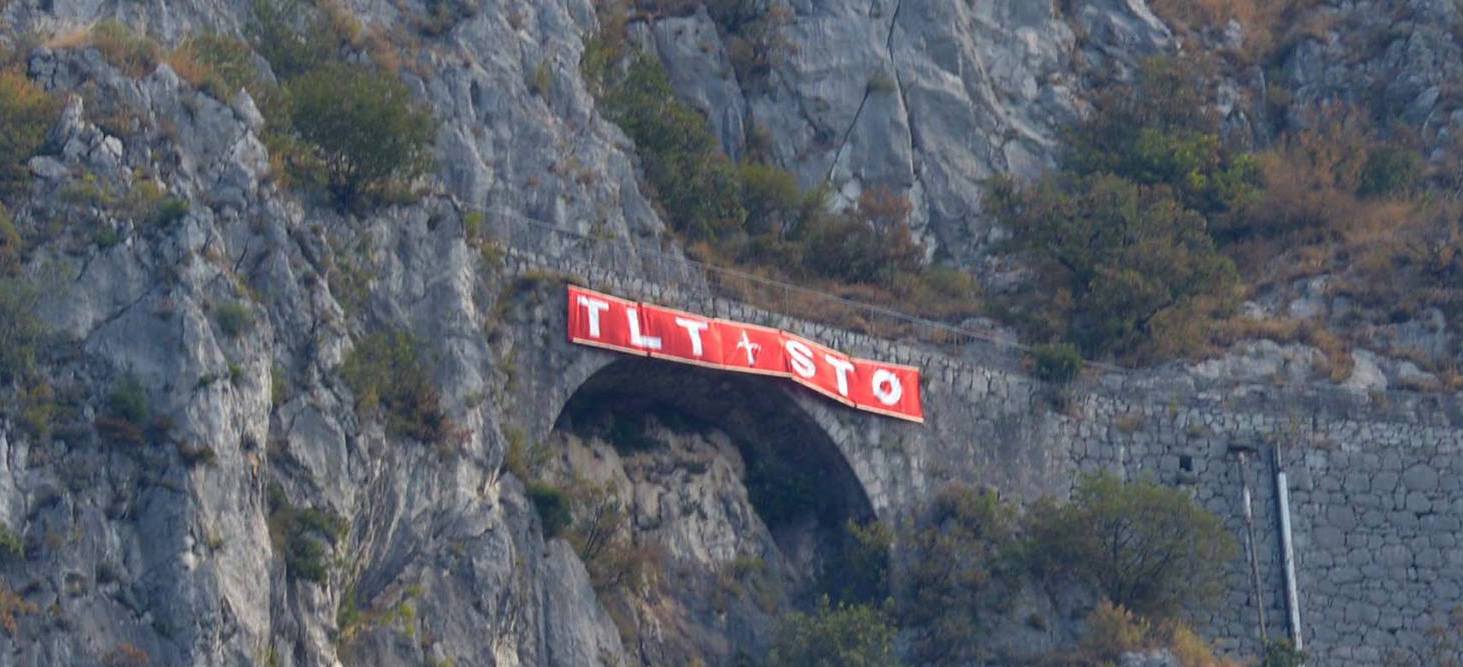
THE ITALIAN GOVERNMENT UNILATERALLY CLAIMS ITALIAN SOVEREIGNTY OVER THE FREE TERRITORY OF TRIESTE, DISREGARDING THE VERY LEGAL FRAMEWORK OF THE ITALIAN REPUBLIC
Answering a recent question to the Italian Parliament, the Italian Ministry of Foreign Affairs, through undersecretary Marta Dassù, expressed the Italian Government’s first official stance since the beginning of the “revolution of legality”. This is Free Trieste’s campaign for the re-establishment of the rights deriving from the legal status of Trieste and of its international Free Port. It is the rights of the Free Territory of Trieste.
And this stance is the worst possible Italian diplomacy could give about the re-emerging question of the Free Territory of Trieste. Single-handedly, the Italian Government tried to rewrite history and international agreements denying the legal value of the 1947 Treaty of Peace, of UNSC Resolution S/RES/16 (1947), the 1954 Memorandum of Understanding regarding the Free Territory of Trieste, the UN Charter (Chapter. I, arts. No. 1 and 2), and the Vienna Convention on the Law of Treaties (art. 61, paragraph 2 and art. 62).
The 1947 Peace Treaty, ratified, enforced and implemented by Italy, the aggressor and defeated party in WWII, rules the ceasing of Italian sovereignty over Trieste at the coming into force of the Treaty of Peace (art. 21) and its independence as Free Territory. The Treaty is in force since September 15th, 1947.
The present-day Free Territory of Trieste has not changed legal status since.
The 1954 MoU has exclusively determined a change in Government: under this document, the Governments of the US and of the UK have sub-entrusted temporary civild administration of then Zone A of the FTT to the Italian Government (not to Italy or to the Italian State). It is a special trusteeship mandate, not a change in sovereignty.
But now the Italian Ministry of Foreign Affairs claims that under the Memorandum of London the Italian State re-acquired sovereignty over the Free Territory and international Free Port of Trieste, thus disregarding the obligations of the legitimate and internationally recognizes special trusteeship mandate vested on and accepted by the Italian Government.
If so, the Italian Government acted for the advantage of the Italian State, breaching its sub-mandate of temporary civil administration at the expenses of the administered State and of its citizens, disregarding its obligations, claiming to have taken possession of its sovereign territory and of the international Free Port of Trieste, including the unique free zones. Some serious conflict of interest indeed.
But there is more: not only such political claims violate Italian law, including the Italian Constitution, but are contradicted by previous decisions of Italian Adminsitrative Courts. The MoU didn’t amend the 1947 Treaty of Peace, and Italian sovereignty over Trieste has indeed ended. One such decision is the Italian Council of State’s decision No. 24 of December 20th, 1961, which regards the MoU:
“… the Memorandum, concluded among the directly concerned Countries, aimed at «demilitarizing» the two zones, investing of the responsibilities of civil administration the Italian Government and the Yugoslav Government in the zones themselves.The Italian and Yugoslav Governments will forthwith extend their civil administration over the area for which they will have responsibility…»
It is therefore to be expected that the Italian Government in zone A and the Yugoslav Government in zone B are vested with civil administration pending the Territory’s ultimate accommodation.
If, as claims the complaining Company, the purpose of the Memorandum were the full, normal, and final restoration of the exercise of Italian sovereignty over zone A and of a consequent recognition of Yugoslavia’s ultimate and perfect right to sovereignty over zone B, that would have amended the Treaty of peace without being a technically correct instrument for that purpose, if anything, because of the lack of involvement of the other Signatory of the Treaty”.
Translated from blog “Environment and Legality” by Roberto Giurastante
